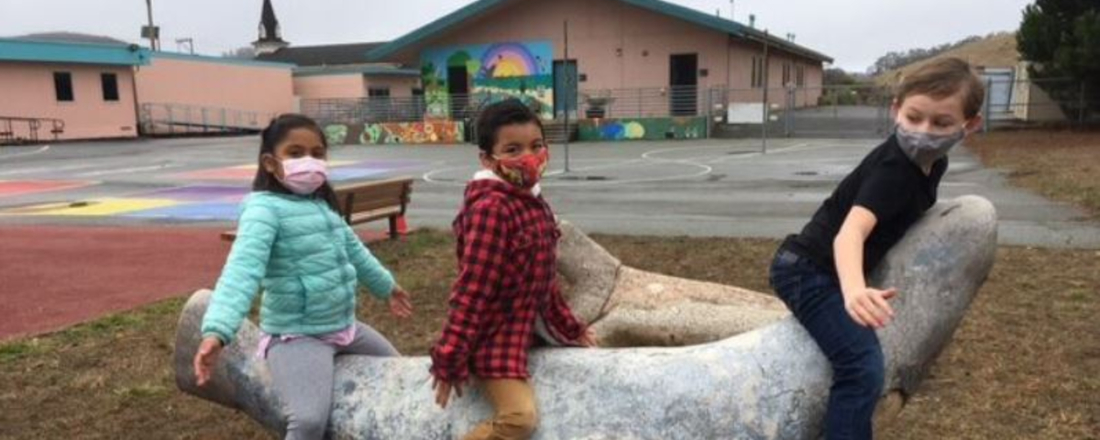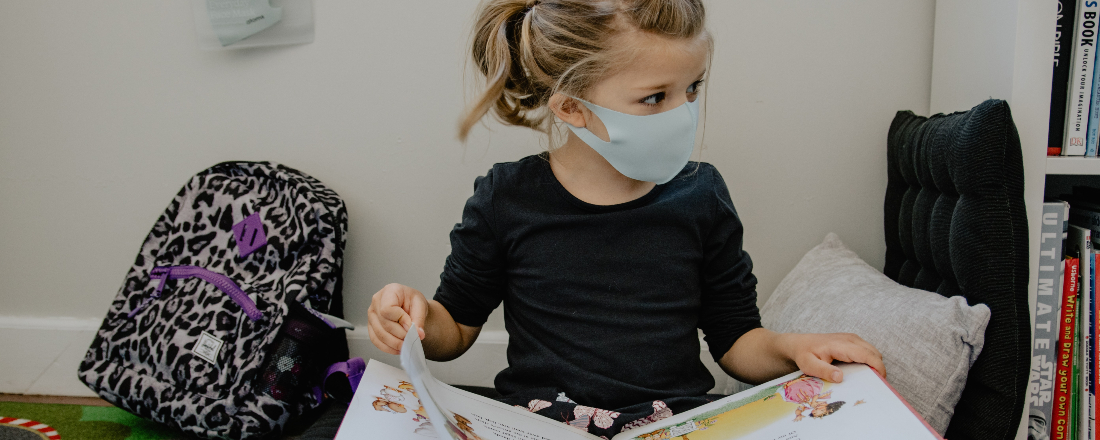
Press Release
Rapid COVID-19 Testing Proves a Key Tool for Safer In-Person Learning in California Schools
-
Focus Areas
Communicable Disease Prevention -
Issues
School-based Efforts -
Programs
Safely Opening Schools -
Strategic Initiatives
COVID-19

Oakland, CA- As the State of California releases new guidance for schools and the Delta variant spreads, the Public Health Institute’s Safely Opening Schools (SOS) school testing program is reporting on findings from more than 200 California schools. The results, collected from the height of transmission in January through the recent first days of the Delta variant’s arrival, indicate that on-site, rapid COVID-19 testing can contribute to the safety of in-person learning and can build confidence in school safety for parents and staff.
Between January and July 12, 2021, the Safely Opening Schools (SOS) five-county pilot program and the California Department of Public Health’s statewide expansion performed and collected data on over 100,000 rapid antigen tests. The data show very low positivity rates amongst the students and staff tested in schools: one tenth of one percent among those tested in high needs schools in the pilot program, and two tenths of one percent statewide. These findings are reassuring confirmation of the overall low level of infection in schools, and each positive test provides the opportunity to intervene swiftly and prevent an outbreak. Rapid tests use simple accurate kits that provide results in 15 minutes and can detect most individuals who are infectious. 90% of parents surveyed said they feel more confident having their child return to in-person instruction because of the rapid COVID testing program at their child’s school.
“Using rapid testing we detected 11 cases of COVID in our district in three months, allowing us to send people home to isolate immediately before they could infect others,” said Mary Piniol, RN, PHN, a credentialed school nurse at Weaver Union school district in Merced County, one of the SOS pilot districts. “Testing made it safer for our staff and students to come back. We plan to continue testing at least until all of our children can be vaccinated.”
The State of California’s new guidance released Monday emphasizes universal masking of staff and students, vaccination of all those eligible, and access to a robust COVID-19 testing program as an additional safety layer. Testing becomes even more critical as the more transmissible Delta variant becomes the dominant strain in California, posing an active threat to the unvaccinated with COVID cases increasing in the state and nationwide. Elementary school aged children will likely not be eligible for the COVID-19 vaccine until sometime in fall 2021, and ongoing vaccine hesitancy and barriers to access mean that some communities may still lag in vaccination rates.
“Rapid COVID-19 testing of unvaccinated staff and students at schools can act as an early warning system. When combined with masking and vaccination of all eligible staff and students, testing can prevent outbreaks and transmission back into the community as students return,” said Dr. Lynn Silver, pediatrician and director of the Safely Opening Schools project, a collaboration between the Public Health Institute and the California Department of Public Health. “We strongly recommend that all schools make testing capacity part of their back-to-school prep.”
Key resources to help schools implement testing programs efficiently are now available at no charge to schools, including a statewide data platform, ample test kit supplies, and training and technical support, along with an additional one billion dollars in federal dollars to California to support school testing.
Lessons learned from the California school testing include:
- Large-scale screening using rapid testing for COVID-19 is feasible in schools
- 90% of parents (n=225) feel more confident having their child return to in-person instruction because of the rapid COVID testing program at their child’s school, while 87% of parents reported that the rapid COVID-19 testing at their child’s school helps keep their family safe, according to a survey of SOS parent participants
- Positivity rates are low, with only one tenth of one percent (0.1%) positives among the more than 27,000 tests in the SOS pilot sites
- The ABBOTT BinaxNow rapid tests have very low false positive rates – almost all positive rapid tests proved to be real infections when confirmed through follow-up PCR testing
- Testing can be performed by trained individuals who do not need to be health professionals
- Rapid testing can help quickly diagnose people with symptoms, evaluate those exposed to COVID, and screen the unvaccinated to check for asymptomatic infections that can still spread the virus.
“The State of California can now support any school in the state to provide free Rapid COVID testing and PCR confirmation testing over the summer and fall to prevent outbreaks and test anyone with symptoms. Testing in schools provides an important tool to assure the safe return of all our children to on-site learning” said Naomi Bardach, MD, MAS, Lead of the Safe Schools for All Team at California Health and Human Services.
Any school in California can prepare for rapid testing over the summer session or fall by completing the state Interest form at http://bit.ly/Rapidtesting, or can learn more at the state’s schools testing website. For more information on school testing from the Safely Opening Schools Project contact admin@safelyopeningschools.org.
Safely Opening Schools is a collaborative project of the Public Health Institute working with the California Department of Public Health to develop testing strategies and scale-up rapid antigen testing in schools to support safe reopening. It is funded by The California Endowment, Ballmer Group, and the Chan Zuckerberg Initiative as part of Together Toward Health, a program of the Public Health Institute.
Work With Us
You change the world. We do the rest. Explore fiscal sponsorship at PHI.
Support Us
Together, we can accelerate our response to public health’s most critical issues.
Find Employment
Begin your career at the Public Health Institute.


